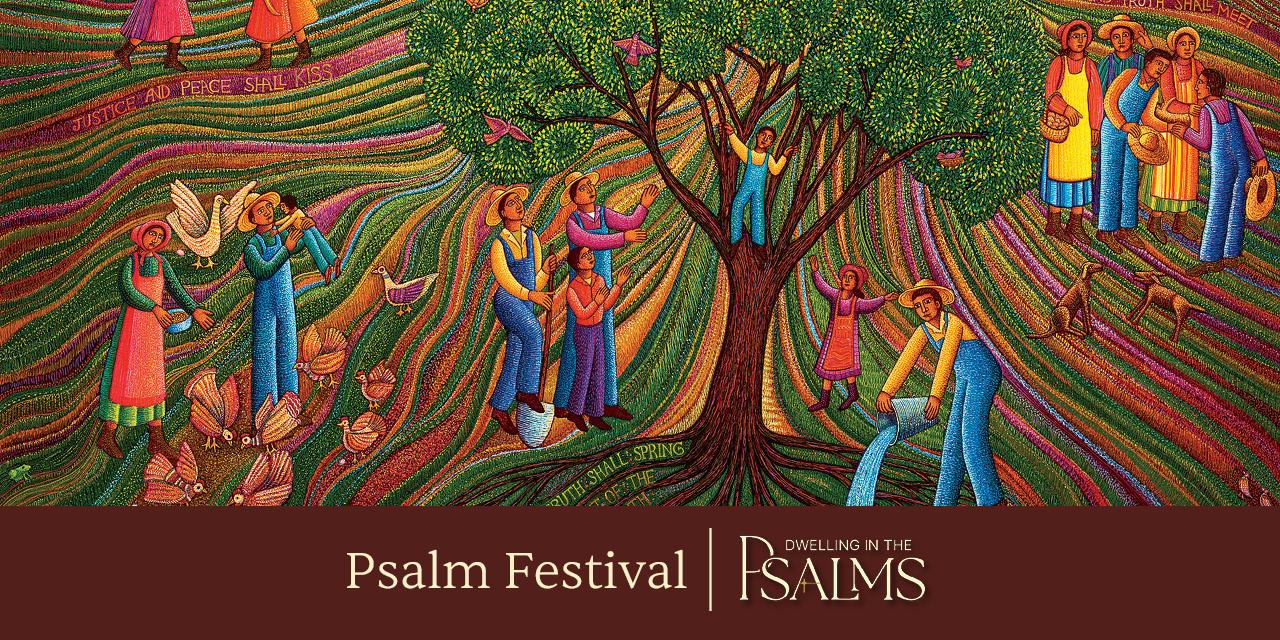Chapel Services at Seminaries: Questions worth asking
Chapel at your seminary is likely different than seminary worship is for your peers at other divinity schools. A feature story exploring different chapel practices and sharing a model for planning worship on campus.
In Praise of Small Churches
Learn how church dynamics shift as congregations change size. A feature story exploring small churches, like All Nations Christian Reformed Church in Halifax, Nova Scotia, that are making the most of their size.
In Spirit and In Truth: The Role of Chapel in Higher Education
In what unique ways can corporate worship fuel, inspire, and respond to the academic calling of the student and teacher in higher education?
Seeing What Is Really There: Preaching and the Imagination
Frederick Buechner writes that people "as a rule see only what they expect to see and little more." The preacher's calling is see beyond what we expect to see and help congregations to do the same. This session discussed what the preacher can do to be faithful to this calling.
How Race Works in Multiracial Churches
This workshop was given for those who want a deeper understanding of racial dynamics in today?s churches. Stories and examples from real congregations showed how race within churches is becoming complicated?and creatively reconstructed?through the post-1965 waves of immigration. Most important, we show how various good-intentioned priorities and programs work --and often don?t work-- in racially diverse churches.
Spiritual Formation in Worship-Centered Congregations
Differing circumstances call forth different liturgical, theological and formational questions and inspire different congregational conversations about what we do in worship and why we do it. The workshop began with a PowerPoint presentation on the history of Christian worship and its relationship to spiritual formation in congregational life, concluding with 'where we are now.' Practices for spiritual formation were described in relation to the congregation's worship life.
America's Emerging Religious Landscape: An Interview with Richard Ostling
This wide-ranging question-and-answer session discussed religious and journalistic trends in the United States with the former religion writer for Time magazine and The Associated Press.
Whose Art? Which Church?
Those who work at the intersection of the visual arts and congregational life know from experience how rich, complex, rewarding, and often messy this area can be.
Finding Themselves at the Table: Youth Practicing Eucharistic Living in the World
This session explored an ecology of practices designed to deepen youths' participation in the Lord's Supper/Eucharist and to form them to interpret and act in the world eucharistically. Participants learned creative pedagogies for teaching youth about the Eucharist; how youth may be engaged in ministry at the Table; the importance of creating a broad ecology of liturgical and extra-liturgical Eucharistic practices through which youth may be formed; and the means to invite youths? personal and theological reflections on Eucharistic life.
The Long Prayer: Offering Prayers in Public Worship
Whether pre-written, extemporaneous, or a combination, the prayer offered in worship on Sunday morning is probably the longest single prayer most people hear all week. As pastors and worship leaders, our public prayers reveal much about our habits of mind even as those prayers have a shaping influence on how the congregation prays all week. This workshop looked at the place of prayer in public worship and will offer practical suggestions for offering prayers that are theologically imaginative and pastorally sensitive.
Intergenerational Worship: Is It Reasonable? Is It Possible?
In this presentation, several contributors to the recent book The Church of All Ages: Generations Worshiping Together explored the issues involved, highlighted some of the findings, and stimulated further reflection.
Creating a Child-Friendly Culture in Your Church
To help children grow in faith we want our churches to be places where they are nurtured and where they feel that they have a place. We will look at things that churches can do to become more child friendly and encourage faith-nurturing adult-child relationships.

